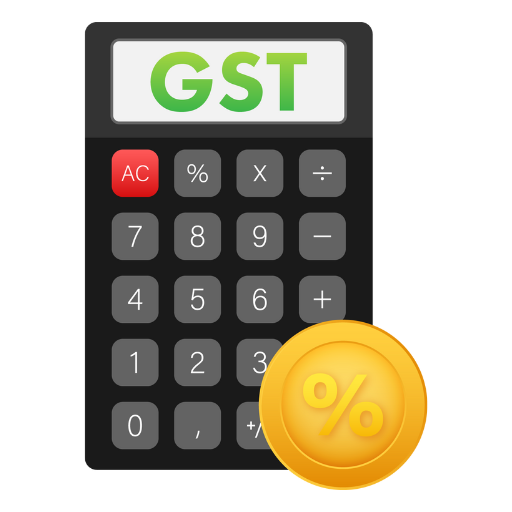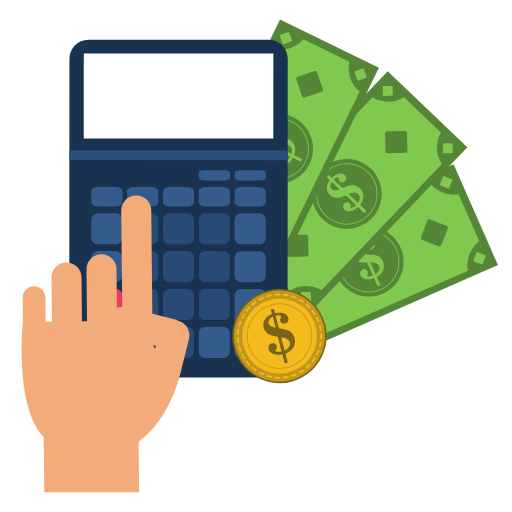Enter a number to check if it is prime:
About Prime Number Checker
Prime numbers have fascinated mathematicians for centuries. Defined as numbers greater than 1 that are only divisible by 1 and themselves, prime numbers form the building blocks of many mathematical theories and applications, particularly in fields like cryptography and number theory. One way to explore the fascinating world of prime numbers is by building a simple prime number checker, a useful tool to quickly determine if a given number is prime or not.
What is a Prime Number?
In mathematics, a prime number is a natural number greater than 1 that has no positive divisors other than 1 and itself. For instance, the numbers 2, 3, 5, 7, 11, and 13 are prime because they cannot be evenly divided by any number other than 1 and themselves. Numbers that have divisors other than 1 and themselves are called composite numbers. For example, 4, 6, 8, and 9 are composite numbers, as they have divisors other than 1 and themselves.
Why Check for Prime Numbers?
Prime numbers are fundamental in various fields and are used in a wide range of applications, from basic arithmetic and number theory to advanced cryptographic algorithms. In fact, most encryption methods rely on large prime numbers to secure data, as prime numbers are crucial in developing complex, secure keys. Moreover, prime numbers have applications in hashing algorithms, random number generation, and even computer graphics. Understanding whether a number is prime is a stepping stone into these advanced applications.
The Importance of Prime Number Checkers
A prime number checker helps identify whether a given number is prime. While this might seem simple for smaller numbers, the complexity grows as numbers get larger, which is where efficient algorithms and tools come in handy. Implementing a prime checker is a great way to enhance your understanding of fundamental programming techniques while diving into algorithmic thinking. This also provides insight into the mathematical concepts that underlie many encryption systems and other security protocols.
How the Prime Number Checker Works
A typical prime number checker takes a number input and tests whether the number has any divisors other than 1 and itself. If it finds such a divisor, it declares the number as composite. If no divisors are found, the number is prime. This process is especially optimized by testing divisibility up to the square root of the number rather than the number itself, which significantly reduces computational effort.
Benefits of Implementing a Prime Number Checker
- Strengthen Problem-Solving Skills: Working on a prime number checker improves algorithmic thinking and enhances logical problem-solving abilities.
- Mathematical Insight: This tool provides an opportunity to understand the behavior of numbers, divisibility rules, and other mathematical principles in a hands-on manner.
- Programming Practice: A prime number checker involves key programming concepts like loops, conditionals, and efficient number handling.
- Foundational Knowledge for Advanced Applications: Prime-checking algorithms lay the foundation for understanding and developing cryptographic algorithms, which use large prime numbers in encryption keys.
Applications of Prime Numbers in the Real World
Prime numbers are everywhere in computing and technology. One of the most famous applications is in public-key cryptography, where the security of information relies on large prime numbers. Algorithms like RSA use the multiplication of two large prime numbers to generate public and private keys, ensuring secure communication channels. Additionally, hashing algorithms in data structures and large-scale databases depend on prime numbers for unique value generation, ensuring that data retrieval processes remain efficient.
Another interesting application is in random number generation. Prime numbers, because of their unique properties, help create sequences that appear random but follow a specific mathematical rule. This is crucial in simulations, gaming, and predictive modeling.
Prime Number Checking in Everyday Use
Even though the concept of prime numbers might seem purely academic, they often show up in our daily lives in subtle ways. From digital security to error detection in data transmission, the presence of prime numbers ensures reliability and security in systems that are vital for modern-day functions.















